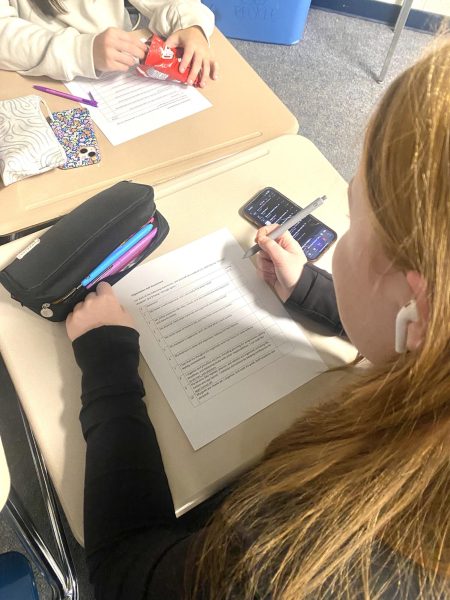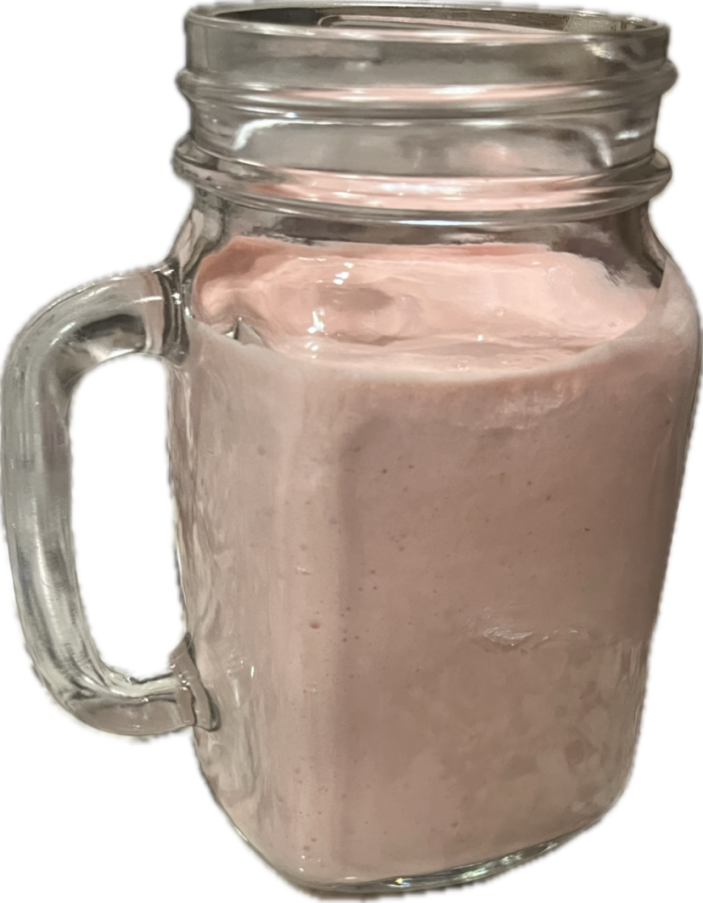Life after death
Organ donors give second chances at life
A recipient’s new heart beats after receiving a transplant; a miracle, which happened thanks to someone becoming a donor– something everyone should be.
As of October 2021, there are more than 100,000 people in the United States waiting on the donor list with one getting added about every 10 minutes, according to the U.S. Department of Health & Human Services. Each day roughly 20 people die waiting to receive an organ transplant. Deaths, which could easily be prevented or greatly reduced if everyone were a donor.
By simply checking a box at the Department of Motor Vehicles (DMV) or taking five minutes to fill out a form and sign up, the young children on the waiting list could grow up to see new generations and the older people can stay alive to see their grandchildren. Signing up is so easy, yet there are so many people dying waiting for their second chance. By requiring most or all people to become donors, they can give one final gift after death: the gift of a second chance at life.
Although gruesome, when people die they don’t use their organs. They either rot with them in the casket or get burned in the incinerator when cremated. Wasting good organs because people didn’t want to, forgot to or didn’t know how to become a donor is ridiculous when they could have saved a life.
Older generations usually will not change their mind about putting their name on the list, but newer generations can be the change. By requiring or at least encouraging all new parents to put their baby on the organ donor registry, more people could get a second chance at life. The healthy people who pass away young can live on in another person.
At one point it was rumored that in an emergency situation, responding individuals will not try as hard to save a patient if they are an organ donor. However, EMS workers typically don’t have time to research if the patient is a donor as they are too busy trying to keep them alive. They take an oath requiring them to try everything in their ability to stabilize patients and do not discriminate against race, religion or donor status.
To give more people a shot at their second chance, become an organ donor the next time going to renew a license at the DMV or go to DMV.org/[the state someone resides in] and take five minutes to sign up.
Your donation will support the student journalists of Eisenhower High School. Your contribution will allow us to purchase equipment and cover our annual website hosting costs.










